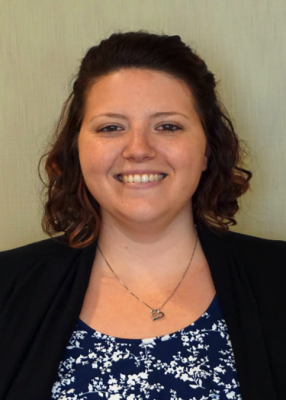
Alicia’s experience as a fisheries biologist at UConn led her to become an ecologist and environmental analyst. The science of ecology was of interest to Alicia at a young age when she went on a field trip in 4th grade which explained how barrier islands were formed, how the salt in the wind off the ocean sculpted the trees, and how plants grew between dunes but not before or behind them. “It really instilled an interest in nature in me,” said Morandi. Currently, she works in Rhode Island at Applied Science Associates, a consulting firm that develops models to analyze the fate and trajectory of oil spills and other contaminants in the marine environment based on meteorological and oceanographic conditions like winds, currents, and bathymetry.
Although Alicia didn’t have clear aspirations going into college, she knew she wanted to do something with biology. In her undergraduate studies, she favored ecological research and continued onto her Master’s degree at UConn in Natural Resource Management. Now, she uses models that measure dose and exposure to biological organisms, which can then be extrapolated to calculate the injury caused to different taxa groups for Natural Resource Damage Assessments, like the one conducted for the Deepwater Horizon oil spill in the Gulf of Mexico.
“When I began working here, I was studying the vertical distribution of ichthyoplankton in the water column, to help figure out how many larvae may have been exposed to oil at the water surface and throughout the water column,” said Alicia. Since that project ended, she has worked on a variety of projects that focus on the impacts of oil, natural gas, or renewable energy development on various groups of organisms. “ I am motivated by the fact that the work I do is used to answer a specific question or solve a particular problem,” said Morandi.
Alicia’s work has a theme of applying her knowledge to environmental problems that need to be managed, whether we have all of the answers yet or not. Her work at her current job has made me more interested in environmental policy, which has effectively made her more fascinated by policy management practices if she was to further her education.
Following her time at UConn, Alicia has acquired new information about fisheries management. “I am a much better technical writer than I was before I completed my master’s thesis, and that is probably the skill that is most important in my work now.”